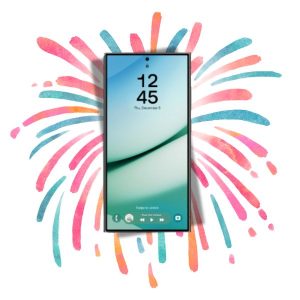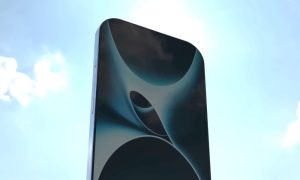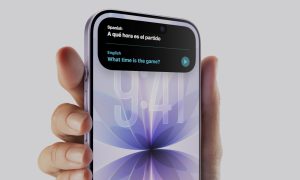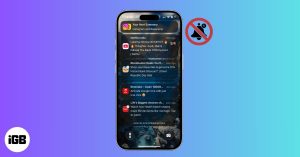Happy Birthday, Windows 95

Twenty years ago today, Microsoft launched Windows 95 into a very different world.
It was a world in which excited tech pros lined up around the block to get their hands on a box of operating software. “Windows 95 is to computing what color TV was to black and white TV,” a computer consultant told The New York Times on launch day.
It was a world in which a PC operating system required 4MB of memory, a 3.5-inch high-density floppy disk drive, a screen with VGA or higher resolution, and an Intel 386DX or higher processor. The world’s biggest sellers of desktop PCs included Compaq and IBM.
It was a world in which Microsoft had managed to thoroughly dominate Apple. Google was three years away from its founding. Mark Zuckerberg was eleven years old.
What a difference twenty years makes.
Late last month, Microsoft released Windows 10, the latest in a line of successors to Windows 95. Although Windows continues to dominate the PC operating-system space, consumers have shifted the bulk of their everyday computing to mobile devices powered by Apple’s iOS and Google Android. Despite years of effort (and untold billions of dollars), Microsoft has yet to make a substantial dent in the mobile market.
On the PC front, IBM is out of the PC-manufacturing game. Compaq was acquired byHewlett-Packard, which currently wrestles with its own existential troubles. Buzzed-about tech firms include Facebook, Amazon, Twitter, Snapchat, and Netflix—because unlike in 1995, when your operating system dictated nearly everything you could do on a PC, most popular services these days are delivered through the browser, via the cloud.
Twenty years ago, the desktop OS ruled; today, it struggles to hold the same relevance.











